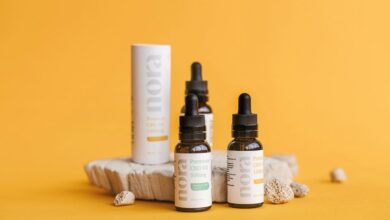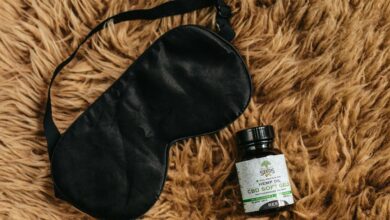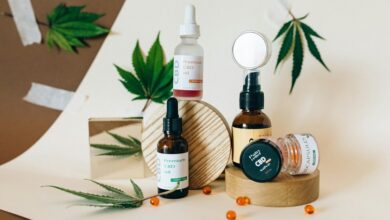Is Cbd a Scam

The debate surrounding CBD often hinges on the tension between personal anecdotes and scientific validation. Many users report significant relief from various ailments, yet rigorous studies remain sparse. As the market expands, questions about product quality and regulation arise, prompting a closer examination of claims versus evidence. What does the current research truly say about CBD's efficacy, and how do individual experiences fit into the broader narrative? The answers may surprise you.
The Science Behind CBD: What Research Says
The burgeoning interest in cannabidiol (CBD) has prompted a wave of research aimed at unraveling its potential benefits and mechanisms of action.
Investigations into CBD mechanisms reveal interactions with the endocannabinoid system, suggesting significant therapeutic potential for conditions such as anxiety and chronic pain.
This ongoing research seeks to clarify the extent of its efficacy, presenting an evolving landscape in natural health solutions.
Common Claims vs. Reality: Evaluating CBD's Effectiveness
How does the public perception of CBD align with scientific evidence?
While many consumers tout CBD's benefits for anxiety and pain relief, research reveals a spectrum of effectiveness comparisons.
CBD misconceptions often stem from anecdotal claims rather than rigorous studies.
Evaluating its effectiveness requires distinguishing valid findings from exaggerated assertions, fostering a more informed understanding of CBD's potential in wellness applications.
The CBD Market: Quality, Regulation, and Consumer Safety
While the growing popularity of CBD has spurred interest in its potential benefits, significant concerns regarding product quality, regulation, and consumer safety persist within the market.
Inconsistent quality control practices and regulatory challenges hinder the establishment of industry standards, leaving consumers vulnerable to misleading claims and unsafe products.
As the market expands, ensuring transparency and accountability remains essential for fostering consumer trust and safety.
Personal Experiences: Anecdotes and Testimonials in Context
What influences consumer perceptions of CBD's efficacy are often shaped by personal anecdotes and testimonials shared within various communities.
User testimonials frequently highlight individual experiences that suggest positive outcomes, but they primarily serve as anecdotal evidence rather than scientifically validated claims.
This reliance on subjective narratives complicates the assessment of CBD's true benefits, urging consumers to approach such testimonials with cautious optimism.
Conclusion
In the realm of CBD, where the rubber meets the road, the distinction between genuine benefits and exaggerated claims remains a contentious issue. While anecdotal evidence paints a promising picture for many users, scientific research is still catching up. The CBD market's rapid expansion underscores the necessity for consumer vigilance regarding product quality and safety. As the conversation continues, it is crucial for consumers to navigate this landscape with a discerning eye, seeking clarity amid the haze of misinformation.






